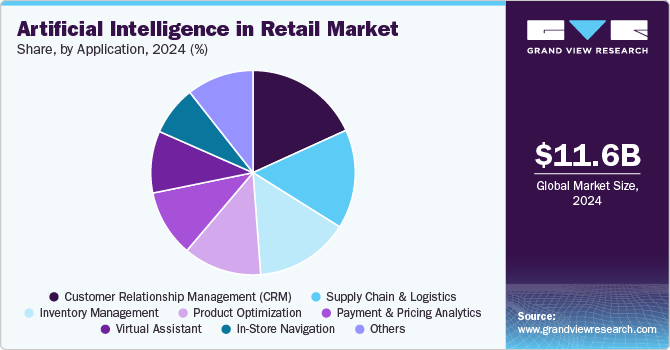More than a third of UK consumers now use AI to shop – survey reveals
According to a recent survey, more than a third of UK consumers have embraced the use of Artificial Intelligence (AI) in their shopping habits. This marks a significant 39% increase from the previous year. The annual Retail Report conducted by the financial technology platform Adyen indicates that approximately 35% of consumers have utilized AI to assist them with their shopping needs.

Benefits of AI in Shopping
Among those who have integrated AI into their shopping routines, 56% stated that it helped to "inspire" them when making purchases such as outfits, meals, and other items. Additionally, 51% mentioned that AI played a key role in cutting through the "online noise" and streamlining their shopping experience.
Demographic Insights
While the utilization of AI in shopping is gaining popularity across all age groups, individuals aged 44 to 59 demonstrated the most significant increase over the past year. Interestingly, only 15% of those aged 60 and above currently use AI for shopping, in contrast to 54% of 16 to 27-year-olds and 51% of 28 to 43-year-olds.
Retailer Adoption of AI
More than a third of UK retailers (35%) have expressed their intention to invest in AI to enhance their sales and marketing strategies. This trend highlights the growing reliance on technology to meet consumer expectations and demands in the retail sector.

Consumer Preferences
The study also revealed that approximately 30% of UK consumers leverage social media platforms for their shopping activities. Despite the rise in online shopping, physical stores remain the preferred retail destination for 30% of shoppers, compared to 26% who favor online platforms.
Moreover, 44% of consumers expressed a preference for seeing and feeling the product before making a purchase, while 41% enjoy trying on items prior to buying. Additionally, 33% indicated a preference for walking out of the store with the product immediately after purchase.

The insights gathered from the research shed light on the evolving consumer behaviors and preferences in an increasingly digital retail landscape. For retailers, understanding and adapting to these trends are crucial for staying competitive and meeting the evolving needs of their customer base.




















